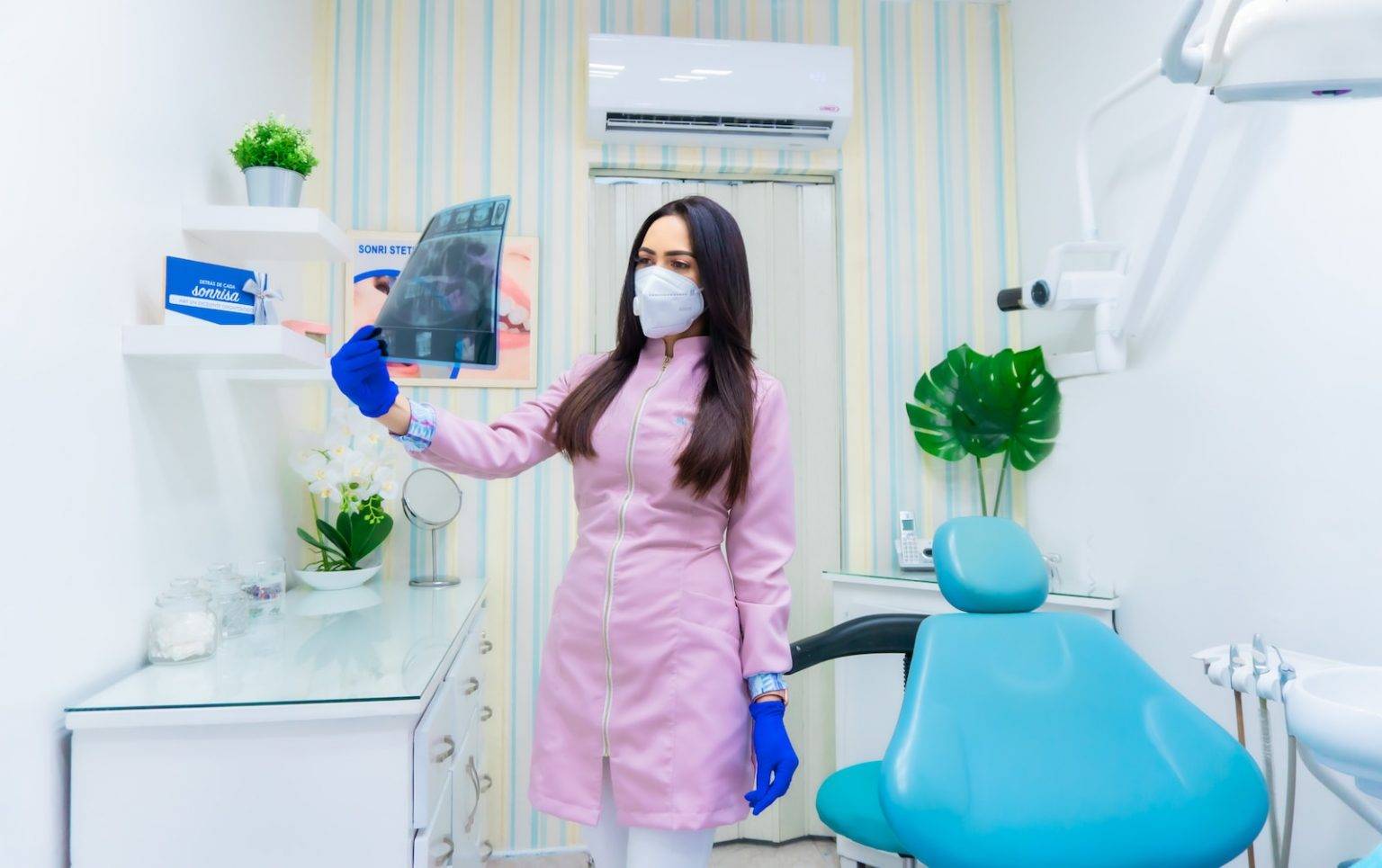|
Getting your Trinity Audio player ready...
|
Is blackhead extraction a good idea?
Blackhead extraction is a common way to remove blackheads from the skin. It is performed by a dermatologist or esthetician using a variety of tools, such as comedone extractors, lancets, and tweezers. Blackhead extraction can be effective at removing blackheads, but it is important to note that it can also be painful and irritating to the skin.
How can I extract a blackhead?
If you choose to extract blackheads at home, it is important to do so carefully and gently. Here are some steps on how to extract a blackhead:
- Wash your face with a gentle cleanser and warm water.
- Steam your face for a few minutes to open your pores.
- Use a comedone extractor or lancet to gently open the blackhead.
- Gently squeeze the blackhead until the sebum and dead skin cells are removed.
- Apply a toner and moisturizer to your skin.
What is the best treatment for blackheads?
The best treatment for blackheads will depend on the severity of your condition and your individual skin type. Some common treatments for blackheads include:
- Salicylic acid: Salicylic acid is a beta-hydroxy acid that helps to dissolve dead skin cells and oil, which can help to prevent blackheads from forming. Salicylic acid is available in over-the-counter cleansers, moisturizers, and spot treatments.
- Retinoids: Retinoids are a type of vitamin A derivative that helps to reduce oil production and unclog pores. Retinoids are available in prescription and over-the-counter products.
- Chemical peels: Chemical peels can help to remove dead skin cells and reduce oil production. Chemical peels are typically performed by a dermatologist.
- Professional extraction: Professional extraction can be a more effective way to remove blackheads than doing it at home. A dermatologist or esthetician can use specialized tools to extract blackheads without causing damage to the skin.
Why is blackhead removal so painful?
Blackhead removal can be painful for a few reasons. First, the skin around blackheads is often inflamed and irritated. Second, the process of extracting a blackhead can damage the skin, which can cause pain. Third, blackheads often contain a lot of oil and dead skin cells, which can be difficult to remove without causing pain.
Here are 21 ways to treat and prevent deep blackheads:
- Wash your face twice a day with a gentle cleanser.
- Use a toner to remove any remaining dirt or oil from your skin.
- Apply a moisturizer that is oil-free and non-comedogenic.
- Exfoliate your skin regularly to remove dead skin cells.
- Use a mask to help unclog your pores.
- Avoid touching your face throughout the day.
- Use a non-comedogenic sunscreen to protect your skin from the sun.
- Remove your makeup before bed.
- Wash your hair regularly.
- Use a shower cap to prevent your hair from getting oily and clogging your pores.
- Eat a healthy diet that is low in processed foods and high in fruits, vegetables, and whole grains.
- Drink plenty of water to stay hydrated.
- Get enough sleep.
- Manage stress levels.
- Try a home remedy, such as applying a paste of baking soda and water to your blackheads.
- See a dermatologist for professional treatment if your blackheads are severe or do not respond to home remedies.
- Use a pore strip. Pore strips are sticky strips that are applied to the skin to remove blackheads. Pore strips can be effective at removing blackheads, but it is important to note that they can also be irritating to the skin.
- Try a light therapy device. Light therapy devices use blue light to kill bacteria and reduce inflammation. Light therapy devices can be effective at treating blackheads, but they are typically more expensive than other treatments.
- Get a facial from a professional esthetician. Facials can help to clean and exfoliate the skin, which can help to reduce the appearance of blackheads.
- Use a microdermabrasion device. Microdermabrasion devices use tiny crystals to exfoliate the skin and remove dead skin cells. Microdermabrasion devices can be effective at treating blackheads, but they can also be irritating to the skin.
- Consider prescription medication. There are a number of prescription medications that can be used to treat blackheads. These medications typically work by reducing oil production or unclogging pores.
Tips for preventing deep blackheads:
- Wash your face twice a day with a gentle cleanser.
- Use a toner to remove any remaining dirt or oil from your skin.
- Apply a moisturizer that is oil-free and non-comedogenic.
- Exfoliate your skin regularly to remove dead skin cells.
- Use a mask to help unclog your pores.
- Avoid touching your face throughout the day.
- Use a non-comedogenic sunscreen to protect your skin from the sun.
- Remove your makeup before bed.
- Wash your hair regularly.
- Use a shower cap to prevent your hair from getting oily and clogging your pores.
- Eat a healthy diet that is low in processed foods and high in fruits, vegetables, and whole grains.
- Drink plenty of water to stay hydrated.
- Get enough sleep.
- Manage stress levels.
Conclusion
Deep blackheads can be a frustrating problem, but there are a number of things that you can do to treat and prevent them. By following the tips above, you can keep your skin clean and clear, and reduce the appearance of blackheads.
If you have severe blackheads or blackheads that do not respond to home remedies, it is important to see a dermatologist for professional treatment. A dermatologist can help you to develop a treatment plan that is right for your skin type and the severity of your blackheads.
Remember, patience and consistency are key when treating blackheads. It may take some time to see results, but with regular care, you can achieve clear, healthy skin.


